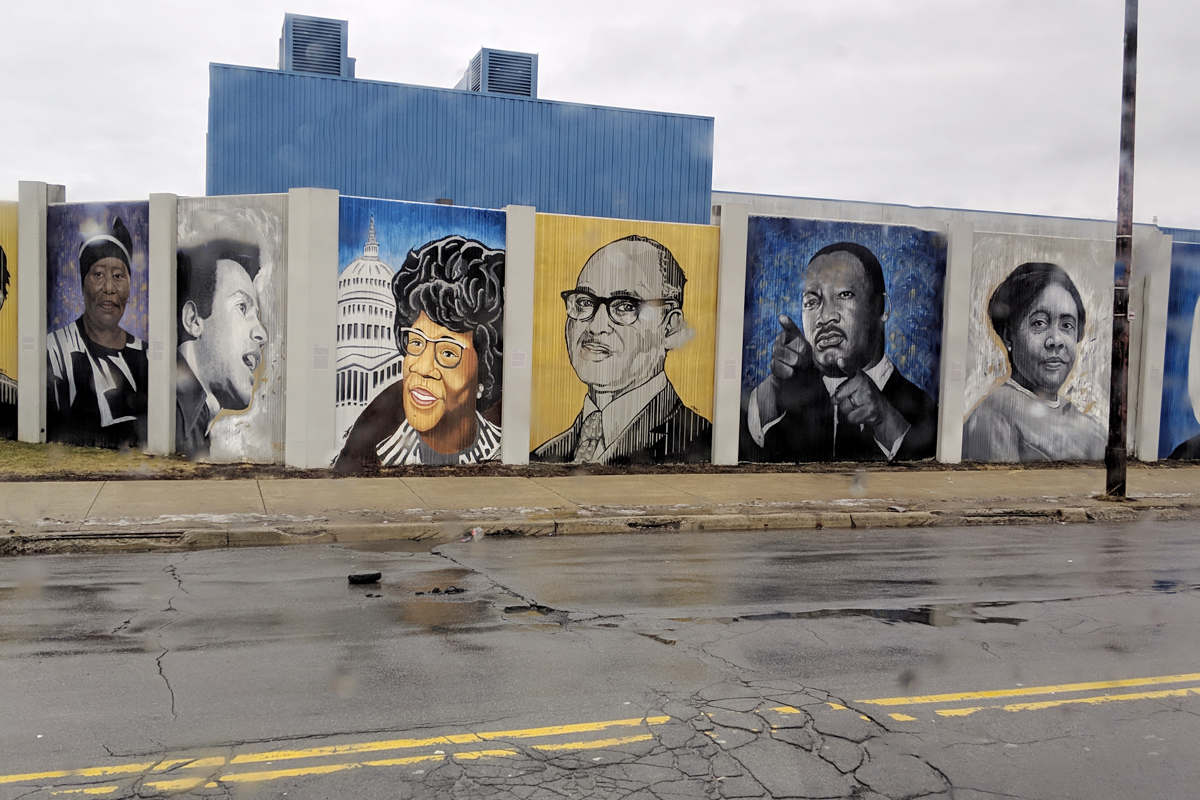
02 Jun 8 80 Cities: Our Statement on Anti-Black Racism, Human Rights, and Public Space
Contributions by the 8 80 Cities Team
As a team, we have been processing the deeply disturbing and painful stories coming out of Minneapolis and from cities across the U.S. and Canada, including right here in our home city of Toronto with the death of Regis Korchinski-Paquet, an Afro-Indigenous woman who was in mental distress. There are no words that do service to the deep injustice on full display, to the pain and trauma that are so visceral and gut-punching as we watch the news. We are sick and we are tired, but we will not be silent.
We stand in solidarity with the protests happening across the U.S and Canada against racial violence, injustice, police brutality, and anti-Black and anti-Indigenous racism. We cannot create safe streets and public spaces for all without tackling systemic racism, oppression, and injustice in all its forms. It is not an ‘aspect’ of our work, it is deeply tied up in it. Transformative change in mobility and public space in cities cannot happen without addressing social injustices and inequities head-on.
As an organization with a mission to transform public spaces and create better cities for all people in places around the world, we adhere to and support the Universal Declaration of Human Rights and recognize the fundamental human rights of all people. Everyone, no matter their age, ability, socioeconomic status, race, gender, or gender identity should be able to freely occupy and move in public space safely without fear of harm and violence.
This includes Open Street programs, which aim to create spaces where people can meet as equals. The inspirational program’s main goal is to promote social integration. Failure to recognize a different kind of “access” afforded by simply opening the street to people and eliminating vehicular traffic without looking at race and social identity does a disservice to the intent of the program. Our organization has often struggled to get Open Streets programs to a larger scale in North American cities due to misguided requirements for significant police presence.
The gross abuse of human rights in public space is not only apparent in the blatant murders of George Floyd and Ahmaud Arbery but also in the persistent human rights abuses so ingrained in the daily lived experiences of Black, Indigenous, and racialized people.
The story of Ontario-born Amy Cooper is a particularly poignant example of how race is often weaponized by white people of privilege to assert power and incite violence. Amy Cooper’s call to the police in which she lied about being threatened by Christian Cooper, a Black man who was bird watching in New York’s Central Park, was a blatant act of violence and demonstrates the insidiousness of the constant dehumanization of people of colour in public space. It highlights the gross disparities at play and constant risk assessments that Black, Indigenous, and racialized people are calculating to navigate public space, space that by its definition is supposed to belong to and be welcoming to everyone.
What can be perceived as a simple act of going for a walk, riding your bike, jogging, participating in a protest, sitting on a park bench, or watching some birds has different stakes depending on one’s social location. In 2020, these ‘simple’ acts have resulted in violence and death because of systemic racism.
Unlike the coronavirus, anti-Black and anti-Indigenous racism is not ‘novel.’ It has been built on the legacies of colonialism, oppression, and histories of egregious violations of human rights. It has manifested in various forms through policies, law, and urban planning tactics that have suppressed one group in order to benefit another. It has been insidiously built over generations of time to become hidden in plain sight in our cities, urban structures, and built forms.
Our streets, public spaces, and our cities are a mirror. They are a reflection of our society and our values. They can demonstrate the beauty of democracy in action while also revealing the ugliness of broken and dysfunctional institutions, implicit and explicit structures of power and privilege, and socio-spatial entitlement.
Words and solidarity are not enough. We know we have a responsibility to do more, challenge more, use our position to elevate and push the conversation forward and to take action.
Here are some things our team at 8 80 Cities has committed to doing:
- We will continue to use an anti-oppression framework to guide our work and seek ongoing opportunities to build more training and capacity on our team.
- We are re-committing to supporting diverse young leaders with diverse backgrounds and lived experiences through our Emerging City Fellowship program. This $250,000 investment from Knight Foundation will provide seed funding for young leaders who are at the forefront of social change and who have bold ideas that are critical to the building of more inclusive and just communities.
- We will work to create what Tamika Butler, a leader in mobility justice, defines as “brave spaces”: spaces that are intentional environments and settings that facilitate the courageous, uncomfortable, and honest exploration of social categorizations such as physical ability, race, ethnicity, class, and gender identity and the privilege of marginalization that is extended to individuals based on these categorizations.
- We will do even more to center the experiences of Black, Indigenous, and racialized people in our work to create equitable streets and public spaces. In the words of scholar-artist-activist Su-ad Abdul Khabeer, “You don’t need to be the voice for the voiceless. Just pass the mic.”
- We will work to better educate ourselves and the partners we work with to deconstruct the systemic racism that can be perpetrated by urban planning practices and urban form. Our role is not just to acknowledge inequity and injustice but to actively center equity and justice in streets and public spaces.
- We are committed to speaking about systems of oppression intersectionally. Yesterday, June 1, marked the first day of Pride Month and we are reminded that systems of oppression (racism, homophobia, bigotry, sexism and violence) operate in a complex and cumulative manner in which the effects of different forms of discrimination combine, overlap, and intersect.
This work is never finished. As a team, we’ve all talked about how exhausting and raw these past few weeks have been. We are also keenly aware of how people of colour often experience the double pain and discomfort of being asked to constantly weigh in, unpack, and educate. Tokenizing and sloganeering doesn’t get us anywhere. Dealing with and processing trauma and pain is a deeply personal experience. We need to be kind to ourselves and allow others to take space to process these recent cases of racialized violence. It is a shared responsibility for everyone to speak up, ask questions even when they are uncomfortable, and listen to the lived experience of racialized people so that communities do not have to bear witness or experience this type of violence again.
Black lives matter.
Indigenous lives matter.
Links to resources
- 12 Things to do instead of calling the cops
- 26 Ways to be in the struggle beyond the streets
- How to be an ally in everyday situations (podcast)
- How to more safely protest in a pandemic
- Opportunities for white people in the fight for racial justice



